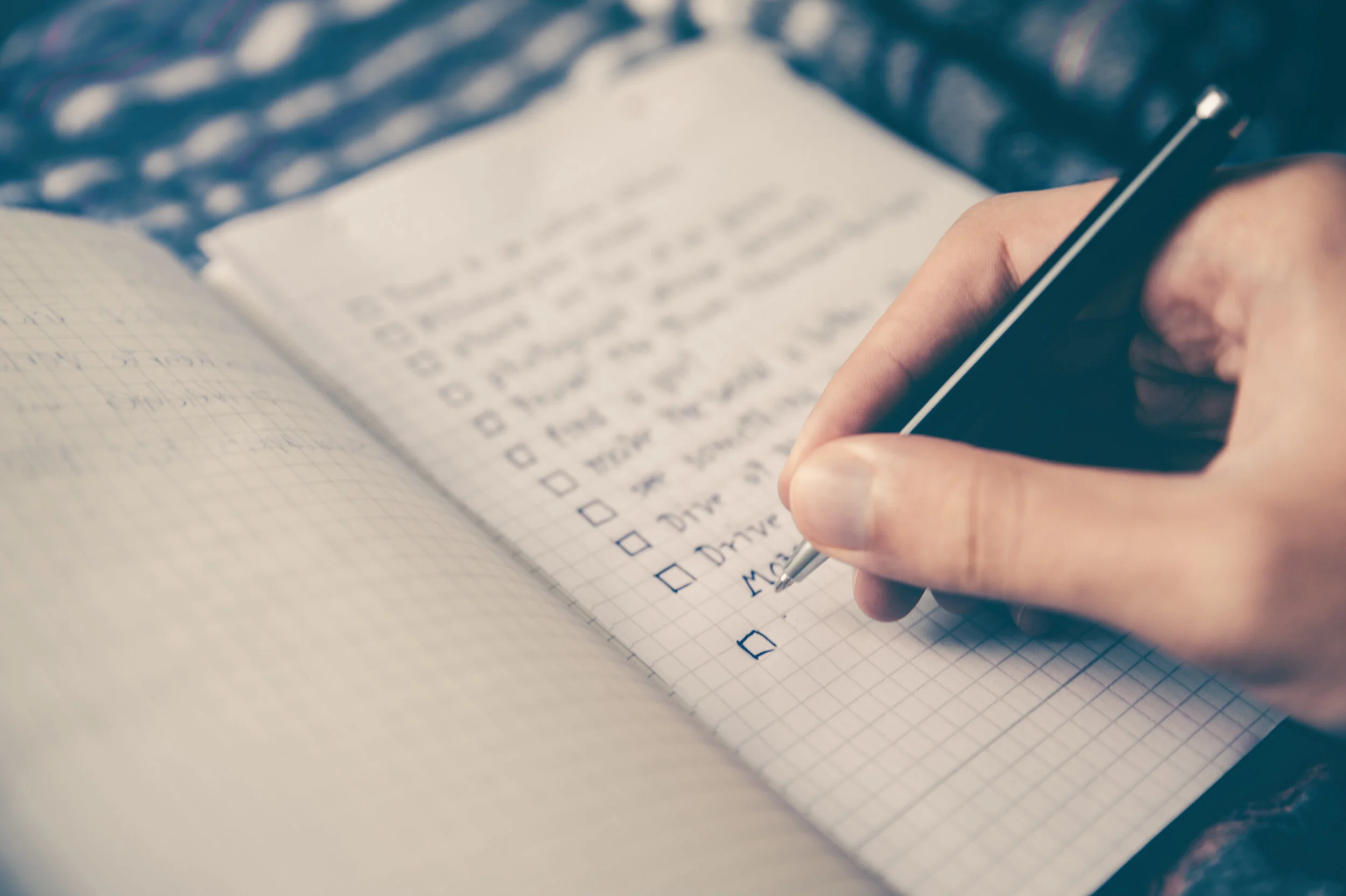Organizing your brain dump
Organizing your Brain Dump
Last week I wrote about why you should make a brain dump after a concussion.
A brain dump gets all of your thoughts on paper. Then, you have more energy to think because you aren’t trying to mentally store all of your ideas. You also have increased confidence. Your ideas are stored somewhere you can easily access them.
This week we’re going to talk about organizing your brain dump. Organization helps your brain process information. This will make it easier for you to reference your brain dump and decide what to do with your ideas.
Here are six different ways that you can organize your list:
Life responsibilities
Process
Importance
Deadline
Idea type
Challenge
Organize by life responsibilities
Make sections for the different areas in your life. Create a section for work, school, family, home, and/or volunteer, etc.
This is one of the simplest organization methods. It helps you quickly reference an activity to see what you have coming up.
Organize by task process
Organize tasks based on how you get them done. Create a section for phone calls, errands, e-mails, things to look up, things to organize, etc.
Then, plan to do several tasks from each section at the same time. This saves time and mental energy because you don’t have to switch between mental processes and resources as often.
Organize by importance
Group tasks by importance. Create at least three categories including must-dos, want-to-dos, and someday tasks.
This helps you prioritize tasks. Since you have less energy after a concussion, it’s important to focus on what’s necessary.
Organize by deadline
Organize tasks by their deadline. Have a section for today, tomorrow, this week, this month, and someday.
This helps you plan your day. You can quickly glance at the timeline and remember what you have coming up.
Organize by idea type
Not all of the items on your brain dump are tasks. Create a section for tasks, projects, notes, goals, and dreams.
This helps you focus. You can reference the task list when you just need to get things done. You can reference the dream list when you have the mental energy to think bigger.
Organize by challenge
Organize tasks by how easy or hard they are. Create a section for “simple”, “moderate”, and “complex” tasks.
This helps you make a reasonable plan. You’ll get less frustrated when the complex tasks take a little longer to cross off your list.
Organizing your brain dump is an “extra” step. You don’t have to organize your list to benefit from making a brain dump. But, organization helps a lot of people process their list. Organization makes the list easier to look at over time and update.
Pick one organization method to try and see if it makes list making easier for you. Choose “life responsibilities” or “deadline” if you feel overwhelmed by the choices.

